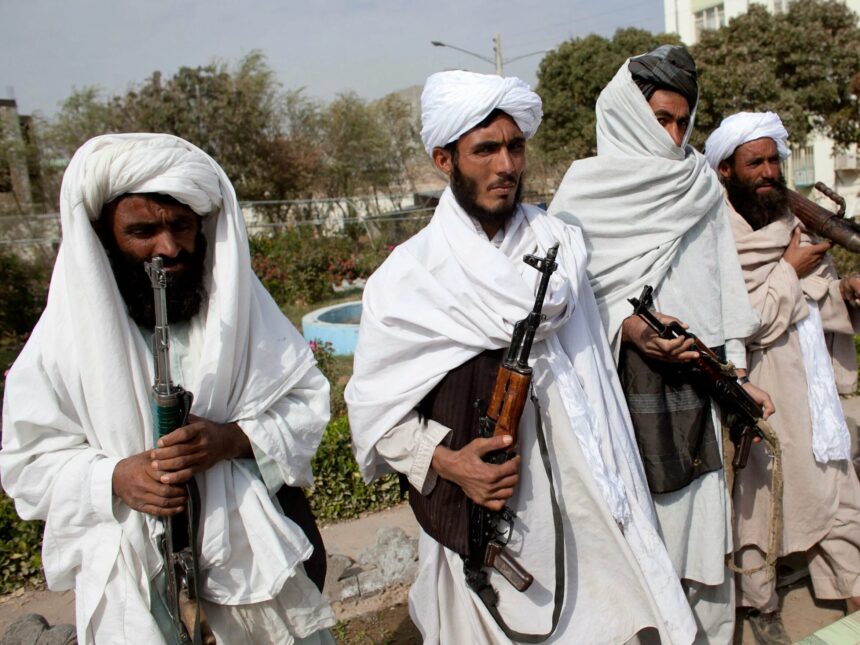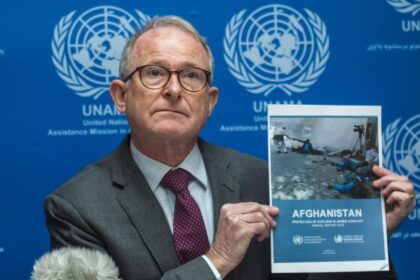RASC News Agency: Local sources in Daykundi have reported that the Taliban’s Department for the Propagation of Virtue and Prevention of Vice has issued a directive to photographers in the province, permitting them to take photographs exclusively for national ID cards and passports. Any other type of photography is deemed forbidden, with violators facing strict consequences. On Tuesday, January 8, sources revealed that Taliban officials warned photographers to refrain from capturing “unnecessary” images of individuals. Those who photograph people without their explicit request for identification purposes will face punishment.
Additionally, the Taliban authorities in Daykundi prohibit journalists from taking photographs during official meetings, further tightening restrictions on visual documentation. The Taliban have embedded these photography restrictions into their so-called law for the Propagation of Virtue and Prevention of Vice. However, the glaring contradictions in their religious interpretations highlight the absurdity of their policies. If photography is considered forbidden in Islam, then the prohibition should apply universally and without exceptions. Yet, the Taliban selectively permit photographs for identification documents, exposing the inconsistency in their claims.
Their justification rests on the assertion that carrying images of living beings invalidates a person’s prayers. But this rationale raises critical questions: if photographs on IDs, passports, and other official documents are acceptable, how do they reconcile these exceptions with their purported religious doctrine? Such documents did not exist in the early Islamic era, and no exemptions were decreed by the Prophet or other revered Islamic figures of the time. The Taliban’s contradictory stance once again underscores the inconsistencies and hypocrisy inherent in their governance and ideology.






